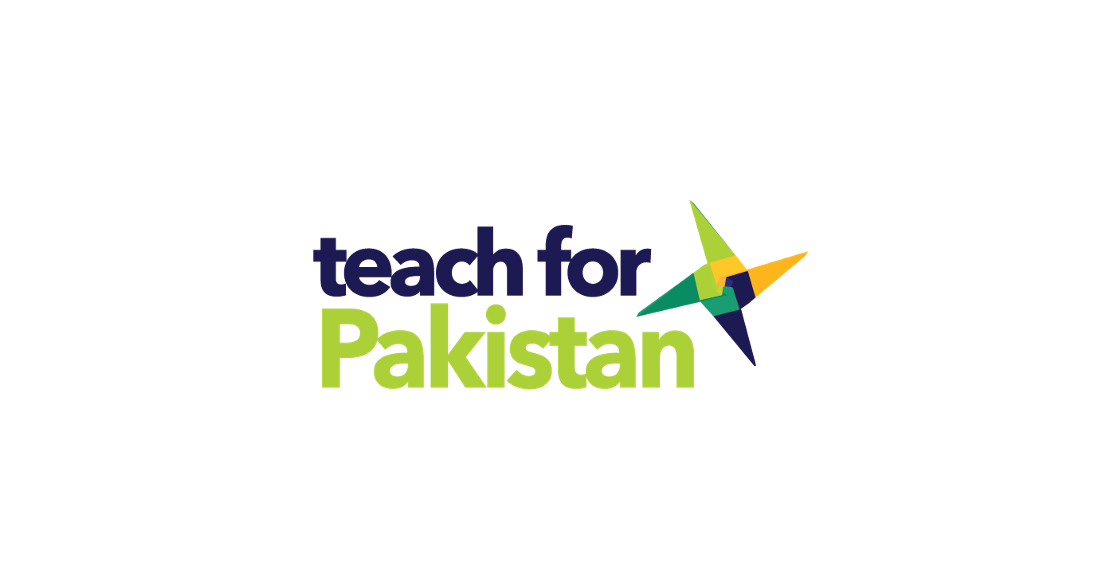Teacher: Hamna Amir

Hamna Amir
Hamna has two years of teaching experience from when she was a Fellow at Teach For Pakistan. Though not an educator in her current role, she cares deeply about how we treat the environment and our relationship with it – she believes this must be one of continuous learning where we adapt our ways of living to ones that are more sustainable.
Usefull links related to the Solution
Overview
In 2022 Pakistan experienced one of its worst floods in recent memory and millions of people were displaced- this was seen as a wake-up call by many and led to Hamna and the Teach For Pakistan team developing a climate education strategy. The project aims to provide a repository of teaching materials on climate change and climate education, that will be available for use by all teachers. Additionally, they hope to create a lesson plan that can be adapted for use by different Fellow-teachers according to different classroom contexts and different-aged students.
Theory of Change
Children in the Global South are already living with the effects of climate change, with those living in vulnerable communities being the most affected. This project identifies that for climate education to be effective and impactful, everyone must understand the iniquitous distribution of climate disasters on vulnerable communities in the Global South when the contribution to climate change is considered. They also believe that one of the most effective methods of mitigating the effects of climate change on people and the environment are already in use in vulnerable communities – through alternate means of living. Climate education, therefore, should be taught alongside, and should interact with community-based initiatives; and locally relevant actions should be identified as critical in learning how one can exist with the environment as opposed to against it, and others should adopt these initiatives in the hope of mitigating the impacts of climate change.
Approach and Actions
The project has three main objectives; firstly to provide learners with the language they require to link everyday occurrences in their lives to climate change; secondly to validate their experiences of climate change; and thirdly to empower students to act on climate change issues by ensuring they are confident to fix the problems they are encountering. These objectives are achieved by providing all teachers with an easily adaptable climate change lesson plan. The lesson plan is designed to be adapted for different aged children and different contexts. Reflective and probing questioning techniques are used throughout the lesson plan culminating in the question ‘What will you do?’. This leads the learners to identify a local climate change issue and to work on a project that will reduce the impact of climate change or will reduce the contribution of an activity to climate change. The lessons are delivered either as part of the curriculum or as standalone lessons- depending on time and curricular constraints.
Impact
The introduction of the generic lesson plan was trialled in 2023. So far the impact of the lesson plan has been an increase in awareness and action related to climate change by individual students. It remains to be seen if there will be more far reaching impacts over time.

